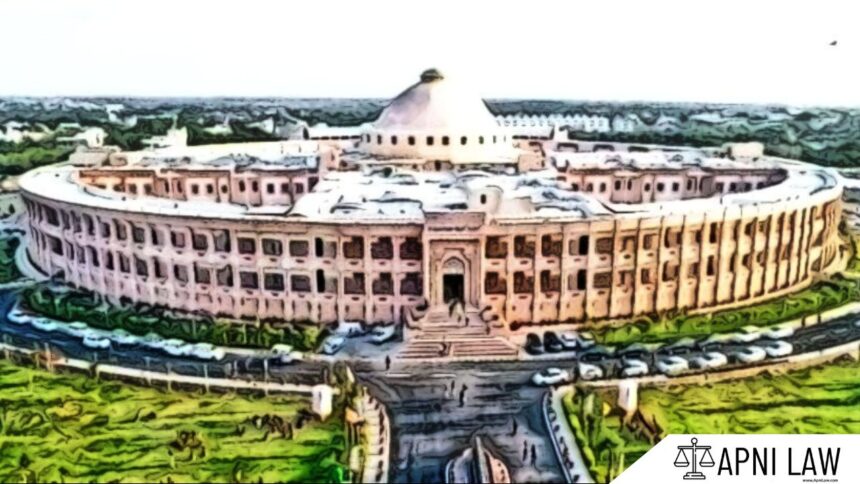Introduction
The Rajasthan High Court has set aside a Trial Court order that refused to admit an unregistered partition deed in a permanent injunction suit. The High Court ruled that the document could be relied upon for collateral purposes. This was subject to the petitioner paying applicable stamp duty, penalty, and establishing the deed’s relevance.
Case Background
A permanent injunction suit was filed against the petitioner. In response, the petitioner submitted a written statement urging the suit’s rejection. During the proceedings, the petitioner filed an application under Order VIII Rule 1A(3) read with Section 151 of the Code of Civil Procedure. The application sought to submit several documents, including an unregistered partition deed.
The Trial Court partially accepted the request but rejected the partition deed. The reason cited was its unregistered nature. This led to the petitioner challenging the Trial Court’s order.
Petitioner’s Stance
The petitioner argued that the Trial Court misinterpreted the scope of Order VIII CPC. The petitioner claimed that the court can accept unregistered documents for collateral purposes, even if they are not admissible as primary evidence, to support issues like possession or severance of title.
Court’s Ruling
Justice Dr. Nupur Bhati referred to the Supreme Court’s ruling in Sita Ram Bharma v. Ramavtar Bharma. The Apex Court held that unregistered documents are inadmissible as primary evidence but can be considered for collateral matters. This includes identifying the nature of possession or proving the severance of joint titles.
The High Court emphasized that documents like partition deeds can be used to understand background facts or related purposes. However, this is only permissible if the party pays the required stamp duty and penalty and shows the document’s relevance.
Final Verdict
The High Court allowed the petition. It set aside the part of the Trial Court’s order that rejected the partition deed. The partition deed is now admissible for collateral purposes, provided the petitioner complies with the payment and evidentiary conditions.








